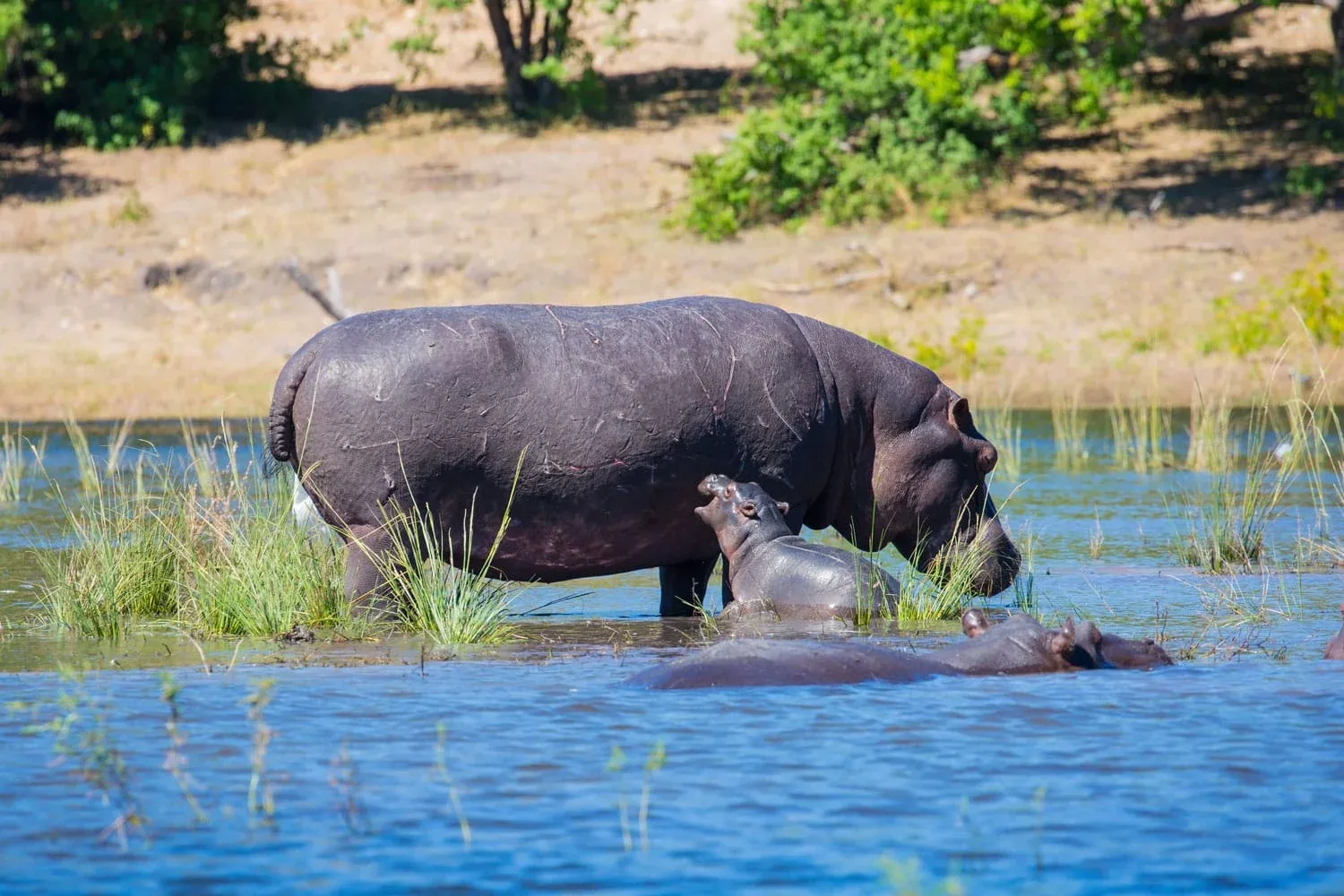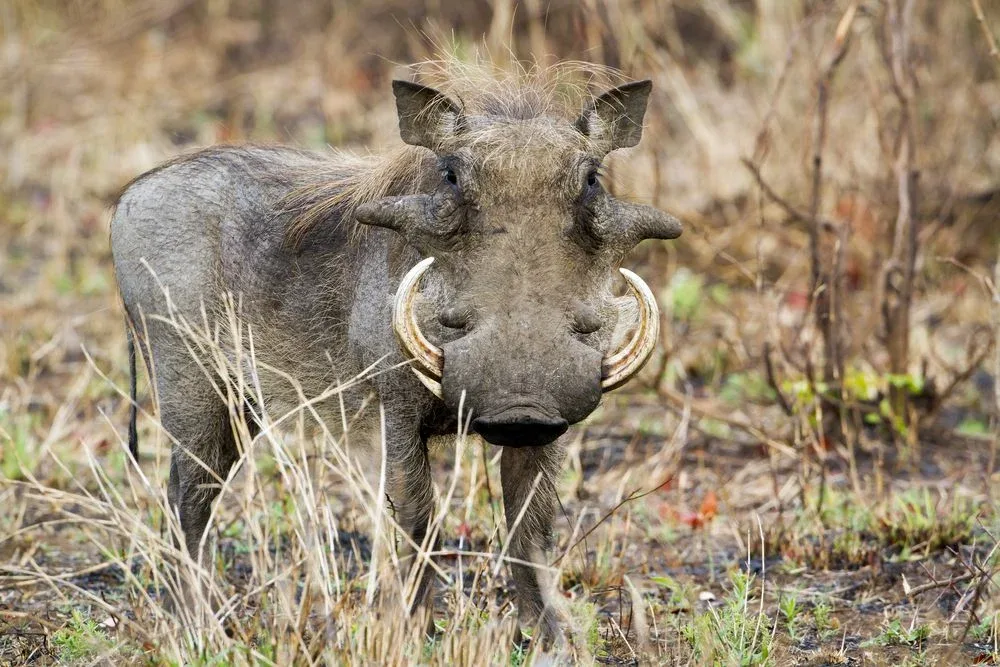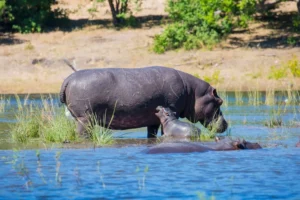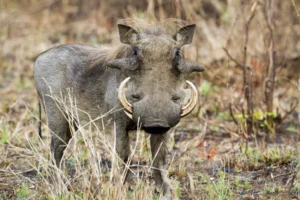Warthogs (Phacochoerus aethiopicus) are one of the fascinating animals you can find, and they have many unique characteristics.They are a species of pig that lives in Africa. Warthogs are related to hippopotamuses, but they are herbivores that don’t look like any other animal on Earth. Their tusks are used for fighting each other like boxing gloves! They’re also very playful because they enjoy playing with their poo, which is why pigs smell so bad. Here are five things to know about warthogs:
Warthogs can run up to 30 mph.
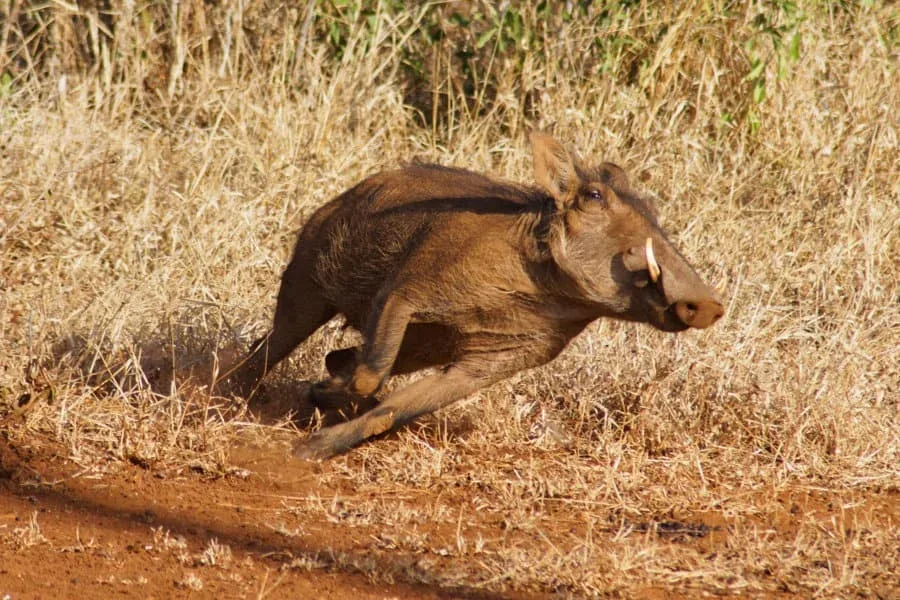
The Warthog can run up to 30 mph, which is pretty fast for a mammal. They’re also capable of running long distances and swimming. Warthogs are considered prey animals but travel in groups to protect themselves from predators like lions and cheetahs.
Warthogs sleep in caves.
Warthogs are very social animals, and they sleep together in burrows. This is because they want to be protected from predators while they sleep. They don’t have any sense of smell or hearing, so they must stay together to be able to communicate what’s going on outside of their burrow employing body language—and even then, we still don’t know how well warthogs can hear!
Warthogs can dig their burrows with their long noses and strong jaws. These animals spend most of their time digging tunnels underground because they feel more secure there than on land, where predators could attack them at any moment (or so scientists think).
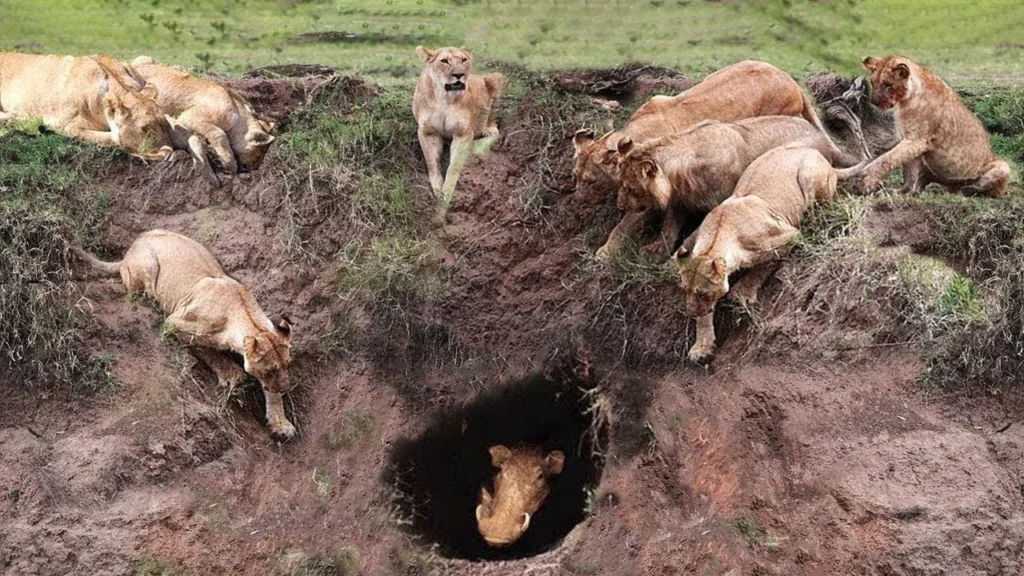
The tusks of a male warthog are used for fighting each other.
The tusks of a male warthog are used for fighting each other. As the battle rages on and one of them tires out, he will lower his tusk and use it as a weapon against his opponent. This is how they defend their territory and fend off predators like hyenas, who would otherwise have easy access to their food supply if there weren’t guards protecting it from intruders. They can also dig through dirt or sand with their tusks to find water when they need it most—a great survival skill that helps them survive long periods without food or water!
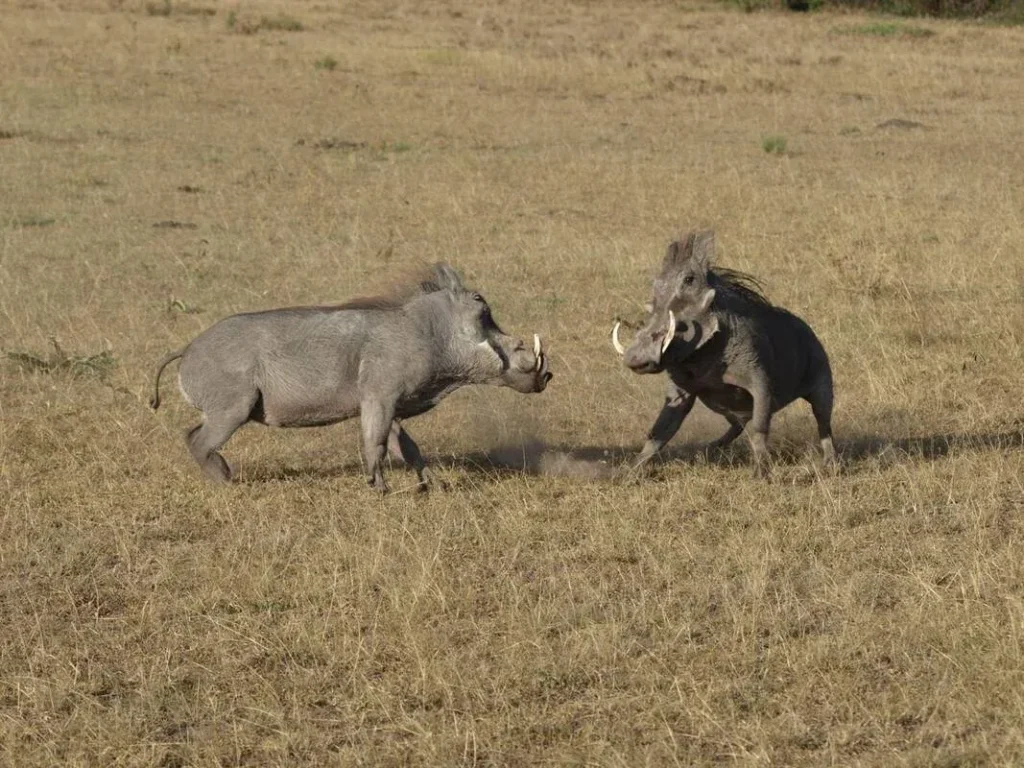
They eat plants primarily, but they will target young animals occasionally.
The Warthog is a herbivore, meaning that it eats only plants. In the wild, they prefer to eat grasses and other plants. They will also eat roots and leaves when no alternatives are available. In captivity, however, you can feed them fruits such as apples or melons (if they’re given fruit in small amounts).
Warthogs have been known to target baby animals when their mothers are not around—but this behavior is rare because young warthogs are pretty vulnerable at this stage of development.
Warthogs are very playful.
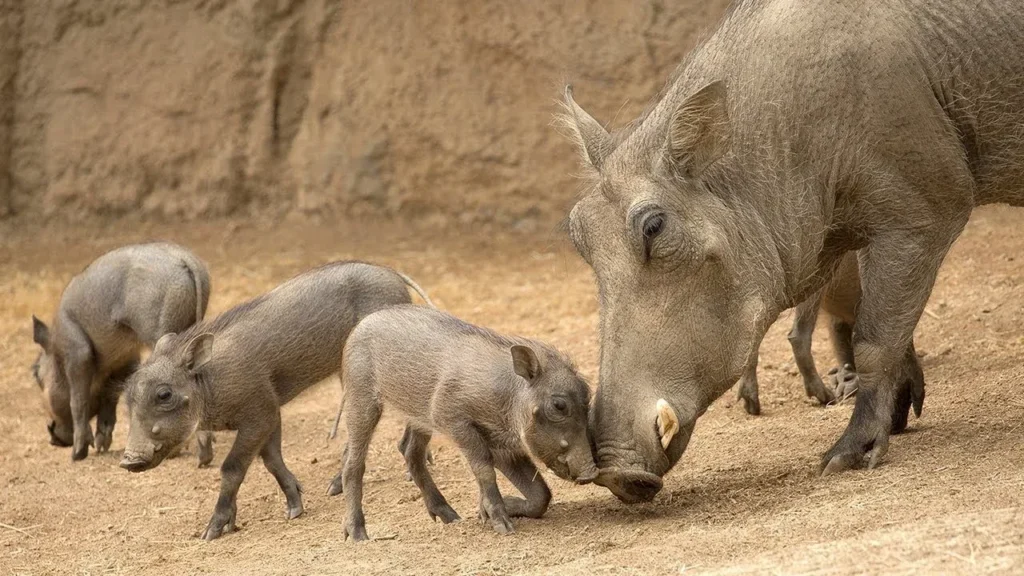
You may not realize it, but warthogs have a lot to love. They’re not just intelligent and cute—they’re also playful. Warthogs play with each other, their offspring, and their food (and even toys). They’ll do this in various ways:
- Rolling around on the ground or standing up on their hind legs
- Chasing each other around the pen
- Grooming each other with their long snouts
Warthogs also love interacting with handlers and keepers at their facility, especially if they are allowed inside! The animals enjoy jumping into people’s arms, climbing over barriers into pens full of treats and toys, playing fetch with balls, or whatever else you have lying around.
Warthogs may look mean but they are sweet creatures with many attractive traits.
Warthogs are quite sweet creatures with many attractive traits. They may look mean but not as well as they look.
Warthogs are also very playful, which means that if you keep your distance and let them know who is boss (you), you’ll be able to share some good times with this adorable animal.
Conclusion
While there’s a lot to learn about the Warthog, we hope these facts make you want to explore!.We want you to know that we’re here for all your questions, so if there is anything else you would like us to know about these fascinating creatures, please feel free to reach out.

